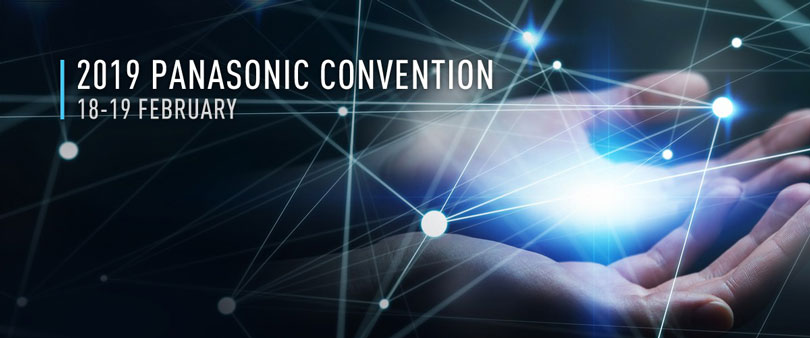
Following the announcement of its Environment Vision in June 2017, Panasonic Group reports it has achieved Zero-CO2 status at its factories in Belgium and Japan.
The Panasonic Group is closer to obtaining the goals in its Environment Vision for 2050, striving for CO2-neutral production across all of its factories around the world. Panasonic Energy Belgium (PECBE) and Panasonic Eco Technology Center (PETEC) in Japan, simultaneously reached the status of Zero-CO2 production last month. The two Zero-CO2 factories serve as models for other existing Panasonic sites, with plans to extend emission-reducing activities globally.
By reaching Zero-CO2 status, PECBE has reduced its CO2 emissions by approximately 3,200 tonnes. This achievement is the collective result of a wind turbine installation, switching all procured energy to 100 percent renewable energy, using carbon offsets that comply with Verified Carbon Standards (VCS) and switching its boilers to energy-saving types. Additionally, PECBE continues to promote a variety of environmentally friendly activities, including the use of LED lighting and switching company vehicles to electric models.
Panasonic’s Environment Vision was recently presented at the 2018 EcoPro Exhibition in Japan. The expo is hosted by the Japan Environmental Management Association for Industry (JEMAI) and is attended by a wide range of stakeholders – from municipalities, to Sustainable Development Goals (SDG) departments, to product development. As one of the biggest exhibitions in the world for showcasing eco products and environmental activities, the expo has previously attracted in excess of 160,000 visitors. It was a chance for the company to share its Vision and hopefully inspire others to do the same.
Panasonic acknowledges that as a global corporate citizen, it should contribute positively to the environment by creating more energy than it uses. A dedicated, company-wide CO2 reduction working group was formed in 2017, working towards helping achieve some of the targets set in the 2050 Environment vision.
Recommend Pages
News articles relevant to this topic were not found.
-
PANASONIC JOINS FORCES WITH PARALYMPIC CHAMPION HANNAH COCKROFT FOR ‘BIG COMMUNITY CLEAR UP’

-
Panasonic Announces Firmware Update to Improve the Shooting Experience and Sharing Functionality of LUMIX S5II and S5IIX

-
Panasonic Introduces the World’s Smallest and Lightest* Long Zoom Lens: LUMIX S 28-200mm F4-7.1 MACRO O.I.S. (S-R28200)

-
Panasonic Introduces the World’s Smallest and Lightest* Medium-telephoto Fixed Focal Length Macro Lens: LUMIX S 100mm F2.8 MACRO (S-E100)

-
Panasonic to partner with Amazon Fire TV to deliver new experiential value for smart TVs

-
Try Before You Buy

-
Panasonic accelerates Net Zero ambitions with plans for RE100 demonstration facility in Wales in 2024

-
Panasonic Releases Firmware Version 2.2 for S5II & Version 1.3 for S5IIX










